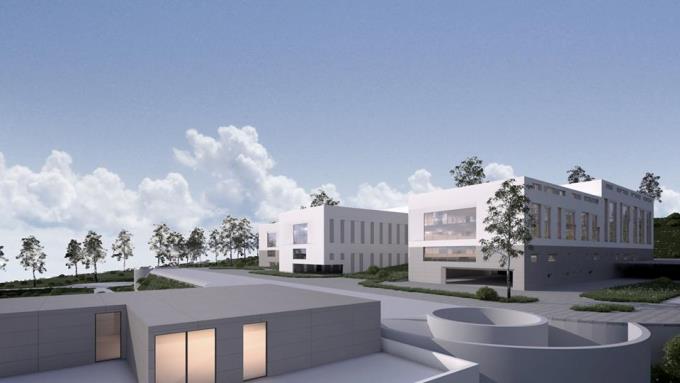
A biblical story tells how King Ahab wanted to buy a vineyard from one of his citizens, who refused to sell it to him.
Through false accusations, Ahab sentenced the owner to death and took the vineyard away. For this action, he was condemned to the extinction of his entire royal line.
For a large part of the dictatorship in Albania, no property rights were recognized. With the changes of the 90s, property rights were restored followed by a number of privatizations.
A friend of mine constantly says that even today, we are not owners, but only users until the state decides and takes back our property.
Based on the harmony of constitutional norms, I explained to my friend that rights are not absolute and that the Constitution in Article 41 provides that property restrictions can occur only in cases of public interest, but he didn’t believe me.
A few days ago, the Prime Minister on a visit to the district of Fier, pointed his finger at a plot of land and announced that it would be the site of the new hospital.
This came as a surprise to many, but above all, it was a surprise to the landowners, who had been deprived of a Constitutional right by the Prime Minister.
By failing to meet any formal requirements of the law, such as publishing the expropriation decision to the Council of Ministers with the names of the owners and the amounts of compensation, police forces prevented the owners from approaching their property making the expropriation a fact.
The obstruction of the owners to go to their property, who could not steal back their land even if they wanted to, was related to the immediate start of the construction of the hospital, which was not yet equipped with a building permit but received it a week after work started
In order to start the construction, an environmental permit is required, a permit from the council of archeology, a permit from the road authority close to the highway, a change of land category from field to the plot, and finally a permit to be approved by the National Council of the Territory, meanwhile that at the time of commencement of works it was not yet known if there was even a final design of the facility.
All institutions responsible for the above-mentioned permits are directly subordinate to the Council of Ministers, making obtaining permits a procedural matter.
Instead of following the procedures, the authorities behaved with the permits as if they were an unnecessary nuisance, while a regular member of the public who built without them would be in court for illegal construction.
The rush to start construction, which is expected to be used for electoral propaganda, could bring long-term problems for the building in the future, instead of building a project that would ensure the longevity of the future hospital.
By means of a Normative Act, the Council of Ministers established special rules for the expropriation of land where the hospital is planned to be built, affecting all the procedural protections that individuals have for their rights.
Chances are that the property would be expropriated from the owners even if the procedures set by law were followed, but this behavior raises a big question mark over balancing the public interest with an individual’s personal choices.
This case makes you think that my friend was right and that our property right is just a Normative Act away before someone points a finger and decides what is in the public interest.

